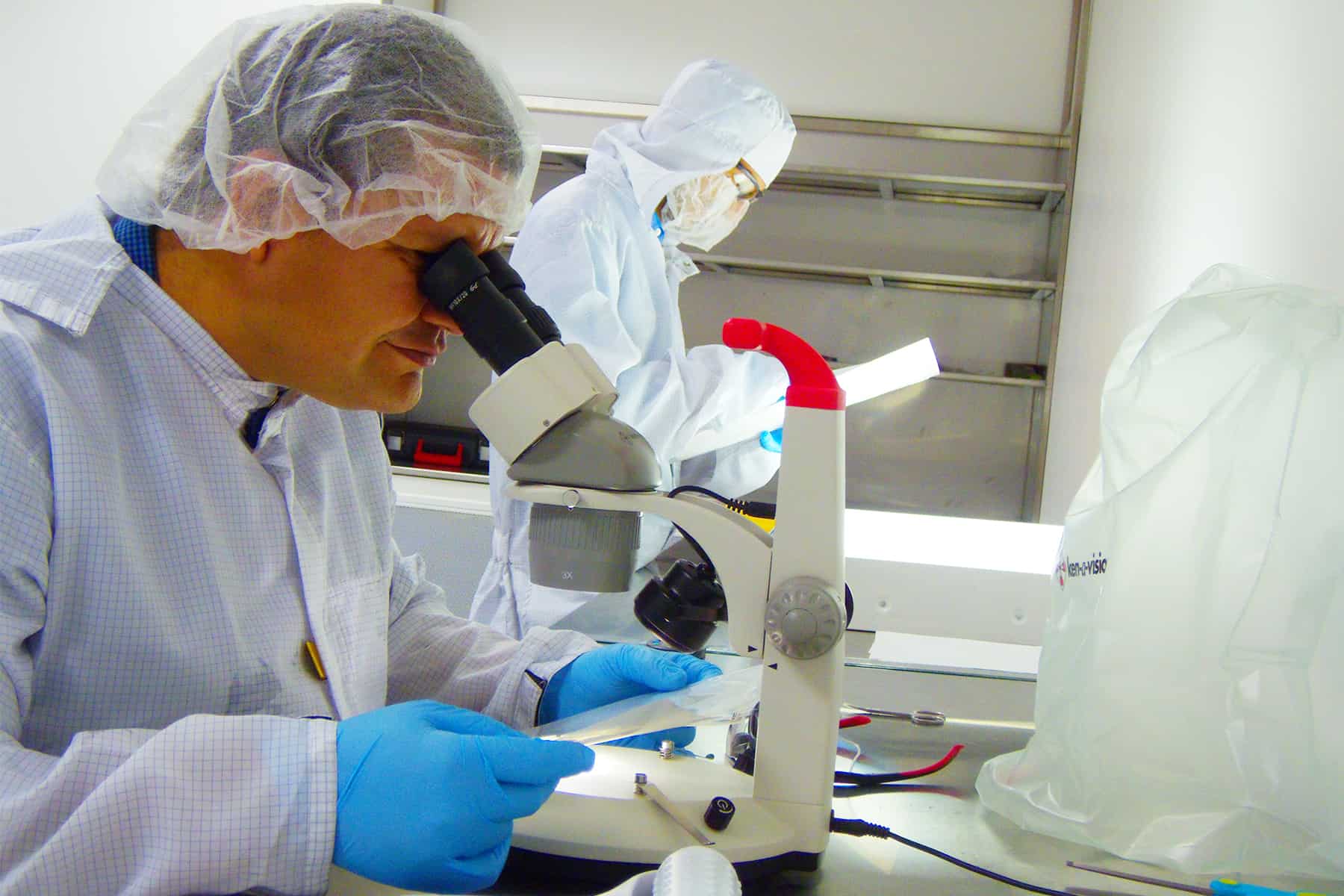Costa Rica has come a long way since it was a literal banana republic — a country whose economy was dominated by the fruit and dictated by the U.S. companies that exported it.
Today, the nation’s biggest export isn’t bananas. It’s not even coffee, or any tropical fruit. Costa Rica’s biggest export sector is medical instruments, which comprised 34% of the $11.7 billion in goods exported in 2020.
This sector includes devices for various specialties — namely: cardiology, medical aesthetics, dentistry, neurology, orthopedics, ophthalmology, and gastroenterology — that are primarily made by multinational companies and exported to the United States.
Costa Rica’s presence in the medical devices sector began in 1987, when the U.S-based company Baxter International began manufacturing here. It cited Costa Rica’s lower costs and strategic location for distribution.
“Nature may be Costa Rica’s best-known asset, but sustainable productivity has made it a thriving destination for foreign direct investment,” the Costa Rican Investment Promotion Agency (CINDE) says today. “Talent is our greatest resource.”
CINDE cites Costa Rica’s educated and bilingual workforce, and the country’s commitment to sustainability, as its selling points. (A stable democracy and tax breaks don’t hurt either.)
Baxter still employs more than 1,000 people in Costa Rica, but it has been surpassed by Boston Scientific as the largest medical devices company in Costa Rica.
And the sector continues to grow. Costa Rica is now home to at least 70 multinational technology and medical device companies, with new investments announced just this week. Bayer, the German pharmaceutical, is building a new production plant in Costa Rica, where it will make contraceptives.
“Costa Rica has emerged as a leading global destination for investment by companies in the life sciences sector,” said President Carlos Alvarado. “We have become a benchmark as an exporter in this area and that motivates us to continue working to provide the ideal conditions for companies.”
Surgical instruments (probably) don’t taste quite as good as pineapples or bananas, and they don’t attract as much international recognition as Costa Rica’s national parks and climate goals. But medical devices are an important part of the local economy nonetheless.






